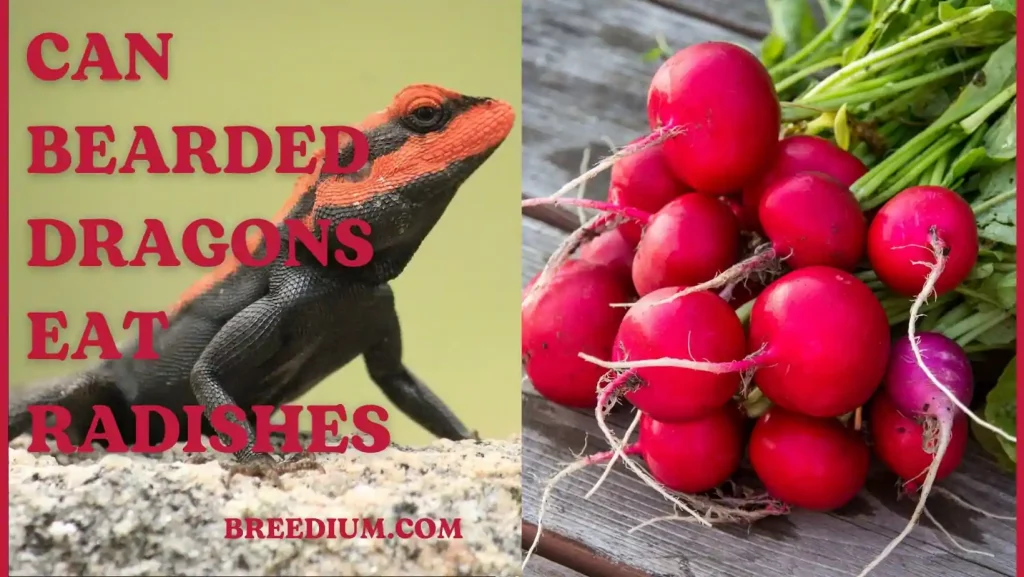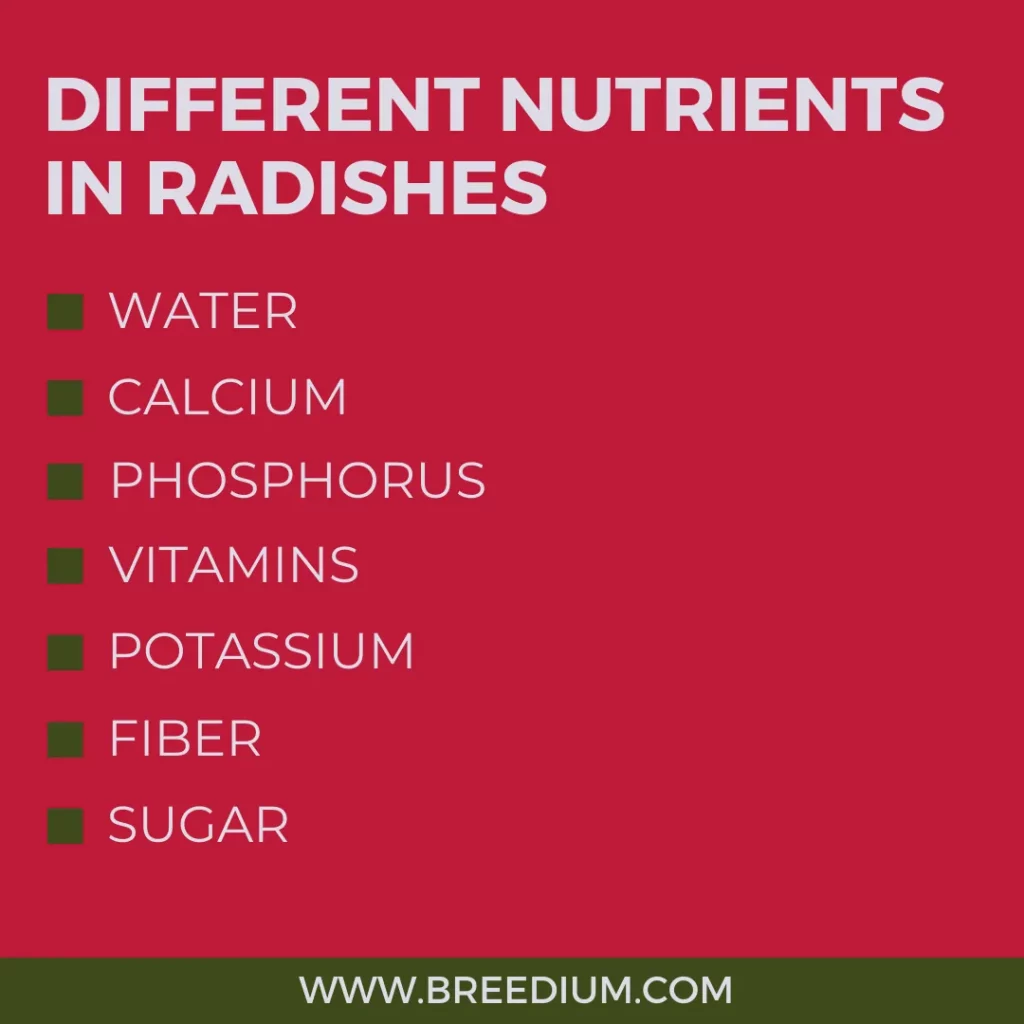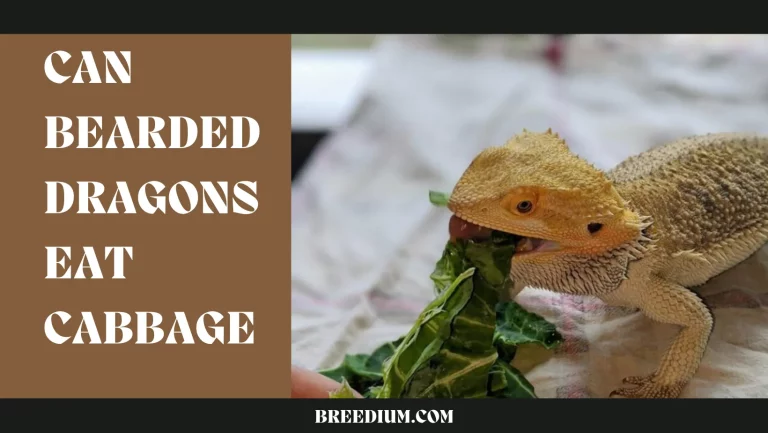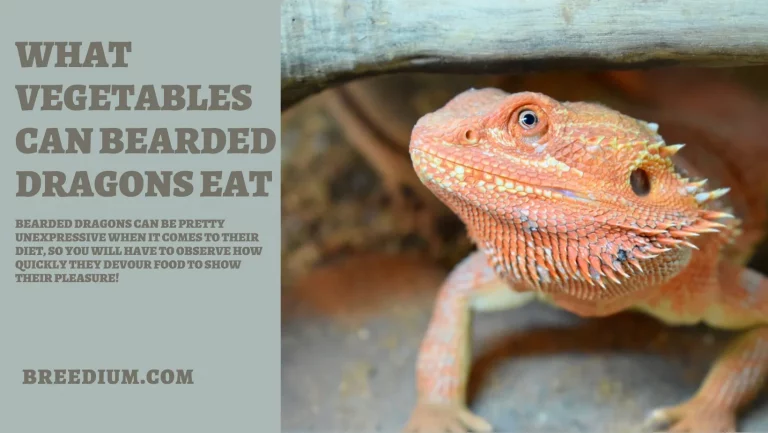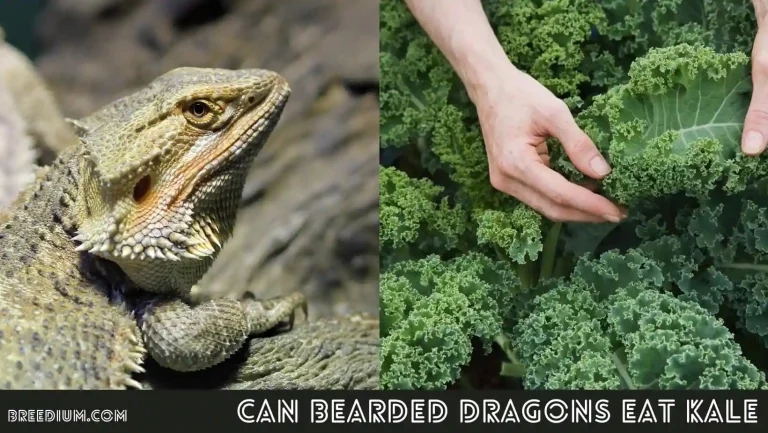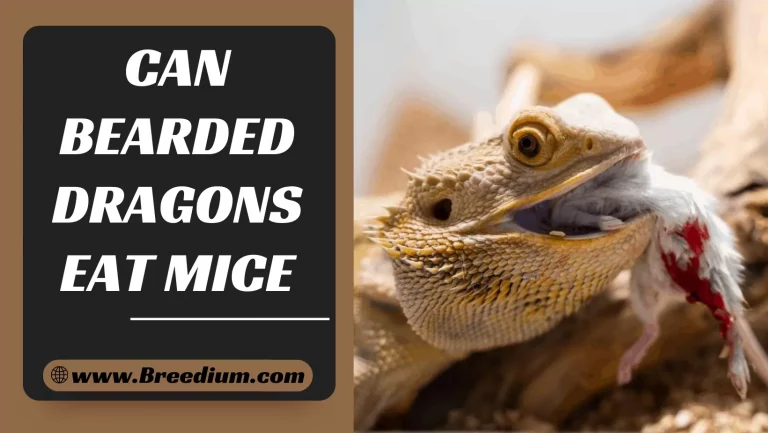Can Bearded Dragons Eat Radishes? | Safe Vegetable Choices 2024
New pet owners have to go through the phase of finding the right foods for their bearded dragons, and we are here to make it easier for you! If you have asked before, can bearded dragons eat radishes? Here is all you need to know about your new pet, and the nutritional value radishes have to offer. Bearded dragons can eat radishes as they offer plenty of nutritional benefits. It will be better if the bearded dragons eat the radish with the stem and leaves to get the maximum nutrition as they enjoy the crunch.
Different Nutrients In Radishes
Radishes have many nutrients that suit bearded dragons and may prove beneficial for them. However, are radishes daily or occasional food for these reptilians? You must know what is in these vegetables and how much your pet can consume regularly.
Water In Radishes
Some people might scratch out radishes from the list of vegetables that their bearded pet dragons can have. This impulse is because the water content in radish is high, and that is not suitable for dragons. However, the water content in radishes is reasonable if you do not serve them as a daily meal.
Consuming radish every day might cause diarrhea in bearded dragons, but it is suitable for consumption after a few days. Radishes are high in water content, but they help hydrate bearded dragons. Especially the ones that will not go near the water bowl and drink up some water themselves. You can also check Can Bearded Dragons Eat Cauliflower.
Calcium In Radishes
Bearded dragons often get less calcium because their anatomy works according to the natural habitat and not indoors! Your pet dragon cannot get enough calcium by staying indoors as they are made to absorb sunlight, promoting calcium absorption from foods.
Adding calcium supplements to the daily diet can help bearded dragons avoid Metabolic Bone Disease, which can disintegrate their bone structure and stunt your pet’s growth! Along with calcium supplements, you might need a Vitamin D supplement to make up for the missing sun! Radishes have a good amount of calcium, and that is good news for bearded dragon owners. You will see your pet thrive with the essential nutrients in radishes. However, limit this vegetable to once or twice a week.
Phosphorus In Radishes
Phosphorus binds with calcium and prevents the absorption of calcium. The correct calcium-to-phosphorus ratio in any food makes it a favorable item for bearded dragons. Radishes have a good ratio of both these nutrients, making them a favorite food for your pets. However, it is not one of the daily foods due to the water content. However, as often as once a week is sufficient. Apart from phosphorus and calcium, numerous nutrients in radishes make them good food for bearded dragons.
Vitamins In Radishes
Vitamin C, B6, and B9 are in radishes in abundance. These vitamins are suitable for all creatures as they promote growth while giving the body strength to fight off infection and illness. Vitamin C boosts immunity while B6 and B9 help prevent hypothiamosis, which is similar to Metabolic Bone Disease.
Potassium In Radishes
Potassium is an integral part of the diet as it increases energy and ensures smooth muscle movement. Bearded dragons move slowly, and their bones need all the care! Potassium is an essential nutrient for these reptilians.
Fiber In Radishes
One of the most critical nutrients, or rather food content, is fiber. If you are not feeding your pet bearded dragon enough fiber, it will become lazy and reduce its bowel movements. The risk of colon cancer is reduced by proper fiber intake.
Sugar In Radishes
Root vegetables have higher sugar content than leafy greens and herbs. However, radish has enough sugar content to be called a fruit out of all the root vegetables! Feeding your bearded dragon high-sugar foods like radishes every day might develop tooth decay and obesity. Obesity itself leads to numerous illnesses such as kidney issues and diabetes.
Tooth decay is painful for all, and your bearded dragon will not know how to express it except that they will suffer in pain and get irritable. Moreover, the high sugar level will keep them full, which means they will not feed on the healthy greens in their bowl. Please read Can Bearded Dragons Eat Bell Peppers if you want to know more about your dragon diet.
Is Radish A Good Vegetable For Bearded Dragons
Bearded dragons will enjoy having radishes whenever you add them to the bowl. However, individual dragons have varied choices. If your bearded dragon does not like this vegetable, or any other vegetable that is usually liked by these reptilians, pet owners can decide not to add it to their meal. Like all of us, bearded dragons have personal likes and dislikes, and nobody knows them better than the pet owner.
Conclusion
Bearded dragons can eat radishes, but they are not recommended for daily intake. If you are feeding your pet dragon radishes once a week, that is good, but any more than that can lead to some health problems.
Frequently Asked Questions
Many pet owners ask the following questions, and we have shared the correct responses with all our readers:
Is radish a good daily vegetable for my pet dragon?
Not daily, but a weekly intake of radish will be beneficial for your pet. You can cut it up with the stem and leaf, and the dragon will love the crunch and taste. However, do not add this vegetable to their daily meal.
What should I do if my bearded dragon ate radish two days in a row?
Do not fret if your dragon ate radish for two days straight. You can reduce their water intake and feed them vegetables low in sugar. This way their sugar and water overdose will be balanced out.
Can my bearded dragon have radish if it drinks water more than other dragons?
Apart from water content, the sugar content of radish is also a problem for daily consumption for dragons. If your bearded dragon drinks more water and eats leafy green vegetables every day, you can reduce the radish intake and feed this vegetable once in two weeks or so. Pet owners should trust their instinct and their pet’s individual habits when it comes to providing them with various vegetables daily.

Emma is a pet enthusiast, and her way with words makes her an expressive writer. Her interests lie in healthcare and planning nutrition for various pets. She has two girls, and she’s passing her passion to them through occasional volunteer projects in the small neighborhood zoo. Emma joined our team as an enthusiast and has added more years to her experience by researching more about various creatures!

